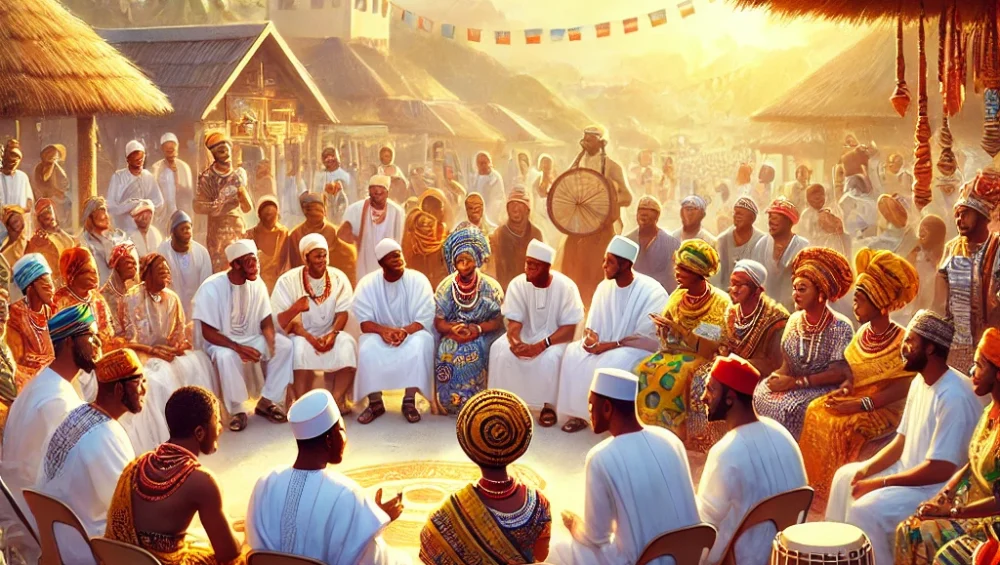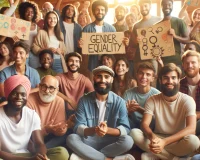Gender inequality remains a pervasive issue worldwide, deeply entrenched in societal structures, traditions, and cultural norms. In Akwa Ibom State and across Nigeria, culture plays a dual role: it can either perpetuate gender inequalities or serve as a powerful catalyst for change. Understanding this duality is critical to fostering gender equity in our communities.
How Culture Perpetuates Gender Inequalities
Culture is the lens through which people view their roles, relationships, and identities. Unfortunately, some cultural norms and traditions uphold patriarchal systems that marginalize women and reinforce inequality. Examples include:
- Gender Roles: Deeply rooted beliefs that confine women to domestic spheres while assigning leadership and decision-making roles to men.
- Bride Price and Marriage Expectations: Practices that commodify women, limiting their autonomy and perpetuating harmful power dynamics.
- Social Taboos and Stigma: Silencing discussions around issues like reproductive health, domestic violence, and sexual harassment.
These norms often go unchallenged because they are seen as “tradition,” creating barriers for women and girls to access education, healthcare, and leadership opportunities.
Cultural Strengths in Promoting Gender Equality
While some cultural norms perpetuate inequality, others can be leveraged to promote gender equity. Communities across Akwa Ibom State are rich with traditions of respect, collaboration, and communal decision-making that can empower both men and women. Here’s how culture can address gender inequalities:
- Highlighting Positive Cultural Values
Many African traditions emphasize unity, community well-being, and shared responsibilities. By reviving and emphasizing these aspects, communities can create environments where women and men contribute equally to societal growth. - Reinterpreting Traditions
Customary practices are not static—they evolve with society. For example, traditional ceremonies can be restructured to celebrate women’s contributions to society rather than perpetuate outdated roles. - Harnessing Storytelling and Oral Traditions
Stories, songs, and proverbs have long been tools for teaching and inspiring change. They can be used to challenge stereotypes, advocate for equal rights, and highlight the achievements of women in society. - Engaging Traditional Leaders
Chiefs and community leaders are key influencers in Akwa Ibom. When they advocate for gender equity, they lend credibility and support to initiatives that challenge harmful practices.
Strategies for Culturally Sensitive Advocacy
To address gender inequalities through culture, it is essential to engage communities in ways that respect their heritage while promoting progress:
- Community Dialogues: Encourage open discussions that allow men, women, and traditional leaders to explore how cultural practices impact gender roles.
- Education Campaigns: Use culturally relevant media such as local languages, music, and theater to educate communities on gender equity.
- Partnerships with Faith-Based Organizations: Leverage the moral authority of religious institutions to champion women’s rights and challenge harmful norms.
Conclusion
Culture is a powerful tool for shaping values and behaviors. In Akwa Ibom State, addressing gender inequalities requires a careful balance between respecting traditions and challenging those that no longer serve the common good. By harnessing the positive aspects of culture and engaging communities in meaningful dialogue, we can create a society where gender equity is not just an ideal but a reality.
Together, we can build a future where everyone, regardless of gender, has the opportunity to thrive.
Join the conversation! What cultural practices in your community have helped or hindered gender equality? Share your thoughts below.






